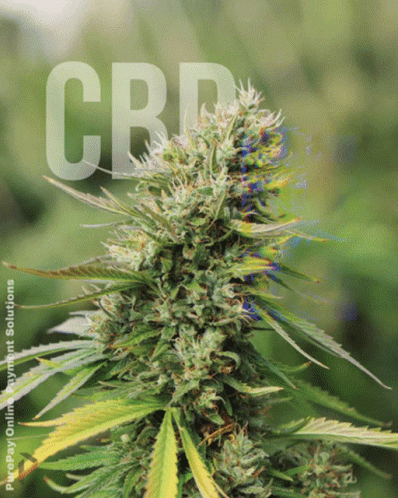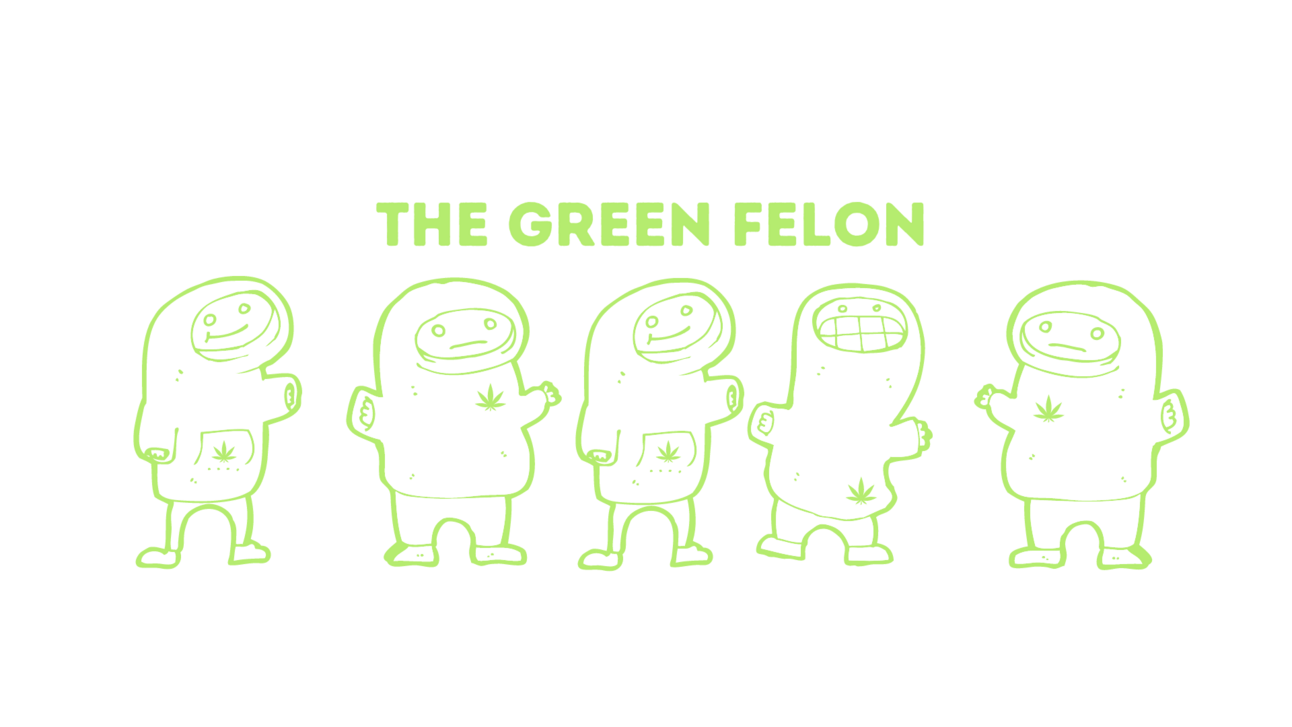Could you afford $3,500 to remove a chew toy?
From $3,500 to remove a chew toy, to $7,000 for a hip replacement, keeping your pets healthy is getting more and more expensive. Fortunately, pet insurance can help offset these rising costs. Pet insurance can cover eligible accidents and illnesses with up to 90% reimbursement. Get your buddy covered today with plans starting at just $10 a month.

News Highlights 🟡:
In January 2025, the FDA's Center for Veterinary 🧑🔬 Medicine requested information from veterinarians regarding the use of cannabis-derived 🦠 products in animals, aiming to gather data on usage patterns 🔯, benefits, and potential risks. Law & Policy Navigators
Effective October 30 🎃, 2023, Arizona's SB1053 permits veterinarians to establish a veterinarian-client-patient relationship (VCPR) via electronic means 📲 in many situations, potentially facilitating discussions about CBD use 🍂 in pets. vetboard.az.gov
Tennessee 🤠 allows veterinarians to discuss CBD use with pet 🐹 owners, and mandates testing under state hemp laws, providing a clearer framework for the use of CBD 🥦 in veterinary practices. Lolahemp

Quick Read 📘:
State-by-State Inconsistency: Pet 🐶 CBD legality varies dramatically across the United States 🗽, with some states fully embracing hemp-derived pet supplements while others maintain strict 📛 prohibitions.
Veterinary Gag 🤐 Orders: In numerous jurisdictions, veterinarians are legally restricted from advising on CBD treatments for animals 🐱.
Regulatory Ambiguity: The absence of definitive FDA policy on pet-specific 🐭cannabidiol formulations perpetuates inconsistent enforcement, euphemistic product labeling, and consumer uncertainty 🤔.
Progressive State Leadership 🎖: States like Colorado and California 🌅 are pioneering clearer frameworks, allowing for veterinary 🐮 discourse and regulated pet CBD manufacturing.
Impending Legal Evolution: Legislative and regulatory bodies 🏛 are under mounting pressure to harmonize laws, elevate 💹 transparency standards, and prioritize both animal 🐷 welfare and professional liability.

The Bark Behind the Bureaucracy: An Introduction 🧾
In the kaleidoscope of modern pet care 🐶, cannabidiol (CBD) has emerged as a darling remedy for issues ranging from arthritis to anxiety. But as American pet parents reach for droppers and dog biscuits 🍥 infused with hemp-derived calm, they're often met with a less-than-soothing reality: the legal landscape is a patchwork quilt sewn together with contradictions, caution tape 🛑, and the occasional kernel of clarity.
The question isn't just whether CBD works for your fur baby 🐕—it’s whether you're legally allowed to use it. Depending on your state, giving your dog or cat a drop of CBD could either be wellness-forward 🧘 or legally frowned upon 👮. And yes, it's entirely possible for your Golden Retriever to be less of a legal risk than your Maine Coon depending on your zip code.
The law may limit how veterinarians can discuss CBD oil with their clients, but clients should always feel comfortable bringing it up."
Understanding the Regulatory Mudslide 🌊
The 2018 Farm 🐽 Bill did indeed legalize hemp-derived CBD containing less than 0.3% THC on a federal level 📜. However, it didn’t authorize CBD’s use in animal products. That delightful ambiguity means states are now left to their own devices—and those devices range from progressive acceptance to good ol’ fashioned regulatory paranoia 🕵️♀️.
In other words, the FDA may stay silent, but states are shouting over one another with either blessings 🙌 or bans. And while humans enjoy CBD lattes at farmers markets, pet owners must decode whether giving their Chihuahua a chewable makes them a criminal 📛 or a conscientious caregiver.
A Closer Look: The United States of Pet CBD 🗺️
To bring some order to this legal chaos, here’s a breakdown of current pet 🐰 CBD laws by state. Please note: these laws are rapidly evolving, so what’s allowed in April may be outlawed by August 🗓️. Always consult updated state legislation before whipping out the tincture.
State | Legal for Pets? | Vet Recs Allowed? | Notes |
|---|---|---|---|
California | ✅ Yes | ✅ Yes | Vets may discuss but not prescribe |
Texas | ⚠️ Grey Area | ❌ No | Sales allowed, vet advice restricted |
New York | ✅ Yes | ❌ No | Legal for pets, vet silence enforced |
Florida | ✅ Yes | ✅ Yes | Regulations pending refinement |
Idaho | ❌ No | ❌ No | CBD must be 0% THC, rare case |
Colorado | ✅ Yes | ✅ Yes | Pioneering pet CBD regulations |
Indiana | ✅ Yes | ⚠️ Limited | Vets discouraged from discussion |
Washington | ✅ Yes | ✅ Yes | One of the most liberal states |
South Dakota | ❌ No | ❌ No | Very strict, under review |
Illinois | ✅ Yes | ✅ Yes | Recently expanded vet permissions |
This table 👆🏾 provides an overview but is hardly exhaustive. Remember: even if pet CBD is legal in your state 🐩, the products themselves may not be FDA-approved, which affects how they can be labeled and sold.

Veterinarians in the Legal Crossfire 🎯
Here’s where the leash 📿 gets tangled. In many states, even if pet CBD is legal, veterinarians are explicitly barred from discussing, recommending, or prescribing it 🧑⚕️. That’s right—your vet can talk about euthanasia, but not about hemp oil for hip pain.
Take New York, for example. CBD treats are on pet 🐸 store shelves 🛒, but veterinarians are discouraged from uttering the acronym unless they enjoy board investigations. It’s like giving chefs knives 🔪 but outlawing their ability to recommend recipes 🥄.
This muzzling of veterinary voices 🗣 not only frustrates pet parents but also forces consumers into a Wild West of online forums, Reddit threads 🧵, and "influencer veterinarians" hawking unregulated advice on TikTok.
Why So Inconsistent? Follow the (Lack of) Guidance 🧭
Part of the chaos stems from a regulatory vacuum 🚫. The FDA has yet to issue definitive guidance for CBD in animal 🐵 products, leaving a trail of confused regulators, cautious manufacturers, and frustrated consumers.
Manufacturers are allowed to sell pet 🦊 CBD as long as it’s not explicitly labeled as a drug, but this razor-thin line encourages euphemistic labeling. Terms like “calming chews” or “joint support tinctures 🌡” fill the void where “anxiety relief” or “arthritis treatment” legally cannot stand.
Even though you and your vet might know exactly why you’re buying bacon-flavored CBD drops 🥓, nobody can legally say it out loud. Think of it as the Voldemort of veterinary care: the substance ❄️ that shall not be named.

Federal Lag VS State Swagger 🧨
Until the FDA acts (spoiler 🤑: don’t hold your breath), states are writing their own scripts. Colorado has taken the lead, passing specific legislation allowing CBD in pet 🦍 products and affirming veterinarian rights to discuss usage. Meanwhile, states like Idaho and South Dakota remain in the era of Reefer Madness 🌀, conflating non-psychoactive hemp derivatives with street drugs 💊 and panic-inducing press conferences.
Interestingly, states that have legalized adult-use cannabis for humans are generally more lenient when it comes to pets. If you can legally buy a joint 🌿, odds are good that your Golden Retriever can legally nibble a CBD biscuit 🍘.
But here’s the irony: humans using CBD may face fewer legal hurdles than a therapy dog 🐕🦺 with hip dysplasia. And that, friends, is the tragicomic genius of decentralized regulation.
What to Watch for in 2025 🔭
With the CBD 🌹 market projected to exceed $6 billion by 2027 📈, pet 🦓 products are rapidly becoming a major slice of that pie. States like California and Florida are currently debating legislation that would expand veterinary freedom ✊🏻 and regulate pet-specific CBD production.
Meanwhile, the AVMA (American Veterinary 🐘 Medical Association) is lobbying for clear national guidance to protect both pets 🦏 and the professionals who care for them. And with consumer demand skyrocketing 🚀, policymakers may soon find themselves forced to choose between clarity or chaos.
We may also see increased requirements for testing ⚗️, labeling, and transparency in pet 🐨 CBD products, helping owners make safer and more informed choices. Until then, buyers must beware—and read COAs (Certificates of Analysis) like their pup’s life depends on it. Because it just might.

Let Sleeping Dogs Dose Legally 🐾
Whether you’re a dachshund devotee, a feline fanatic 🐈, or just a CBD nerd looking for clarity, one thing’s certain: the law still hasn’t caught up with the leash. Navigating the world of pet 🐫 CBD requires the tenacity of a terrier and the legal savvy of a courtroom clerk 👔.
And until the FDA steps 👟 in with actual, enforceable rules, we’re left to interpret state-by-state nuance with the precision of a truffle pig 🐷—sniffing out loopholes and decoding legal jargon one squeaky toy at a time.
Next time your vet dodges a question about CBD 🌸, or you wonder why your neighbor’s beagle gets hemp treats while yours risks arrest, remember: the plant may be calming, but the laws are still a raging zoo 🦁.
If your pet can benefit from CBD, shouldn’t the law 👨🏻🏭 stop barking up the wrong tree 🌳?
💫 Enhance Cognition 🤯

The information provided in this newsletter is for informational purposes only and does not constitute medical, legal, or professional advice. Always consult with a qualified professional before making any decisions based on the content shared here.



